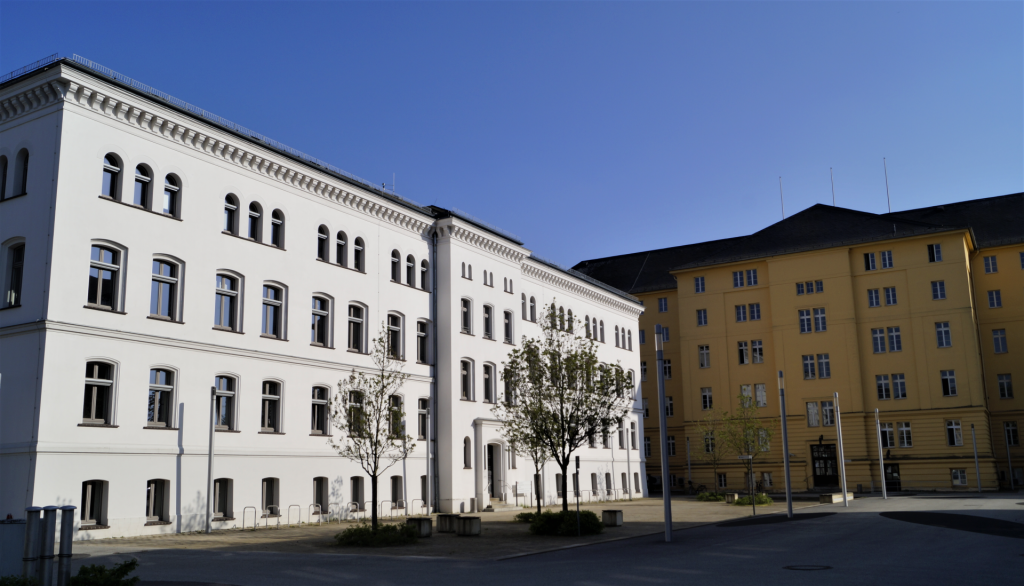Implementing the Online Access Act (OAA) in Germany: A Unique Collaborative Effort to Advance Online Public Services in the German Federal System
This case study describes the set up and collaboration dynamic of the Online Access Act (OAA) (Onlinezugangsgesetz). The OAA was enacted in August 2017 as a result of increasing dissatisfaction among policy makers and administrators with the slow progress of government digitalisation in Germany over the last decade. The act obliges all levels of government…
Read MoreTowards transboundary access to public services in the EU: The Danish implementation of the eIDas Regulation 2014 (eIDAS Reg. 2014)
© Coloubox Aims and scope The overall aim of the eIDAS Reg. 2014 is to further consolidate the EU’s internal market for the production and exchange of goods, capital, labour and, most importantly, services. More precisely, it seeks to: ‘enhance trust in electronic transactions in the internal market by providing a common foundation for secure…
Read MoreThe Digitisation and Modernisation of the Belgian Civil Registry: A transition from a decentralized paper system to a centralized digital database
Aims and scope © Colourbox The Belgian Civil Registry contains information about the legal identity of all citizens. The launch of its digitisation in March 2019 meant the transition from a decentralised paper system that was in use since Napoleonic times to a centralised database that could be accessed from anywhere. A centralised digital database…
Read MoreWe asked, you said, we did: an e-participation practice in the UK
We asked, you said, we did is a feature of the platform called Citizen Space. It provides a mechanism for how citizens/stakeholders responses (You said) to an e-consultation (We asked) have been considered in the policy-making process (We did). It is provided by the private company Delib to more than 110 diverse organisations around the world…
Read MoreDecide Madrid: A Case Study on E-Participation
Carlos Delgado, Palacio de Comunicaciones – 47, CC BY-SA 3.0 Decide Madrid (DM) is the first e-participation platform that allows citizens, associations, NGOs and companies to be involved in the policy cycle in Madrid municipality. DM was launched in 2015 and allows citizens to make proposals, vote in citizen consultations, propose participatory budget projects, decide…
Read MoreParlement & Citoyens: an online platform connecting citizens and lawmakers for policy design in France
Romain Vincens, L’hémicycle du Sénat français en septembre 2009, CC BY-SA 3.0 Parlement & Citoyens (P&C) is an online platform “enabling citizens and legislators to work together to find solutions to [France’s] problems”. This website is a private e-participation initiative. The French context is characterized by a high e-participation index and a high-level of citizens’…
Read MoreDigital Transformation in German Multi-Level Governance – The Case of Digitalisation Labs on “Immigration and Emigration”
At present, the digital administrative landscape in Germany has been dominated by isolated solutions and the German Online Access Act (OZG) seeks to support harmonisation and better collaboration by creating uniform standards across administrative levels. It obliges the federal administration, the Länder and the municipalities to offer their administrative services digitally by the end of…
Read More






